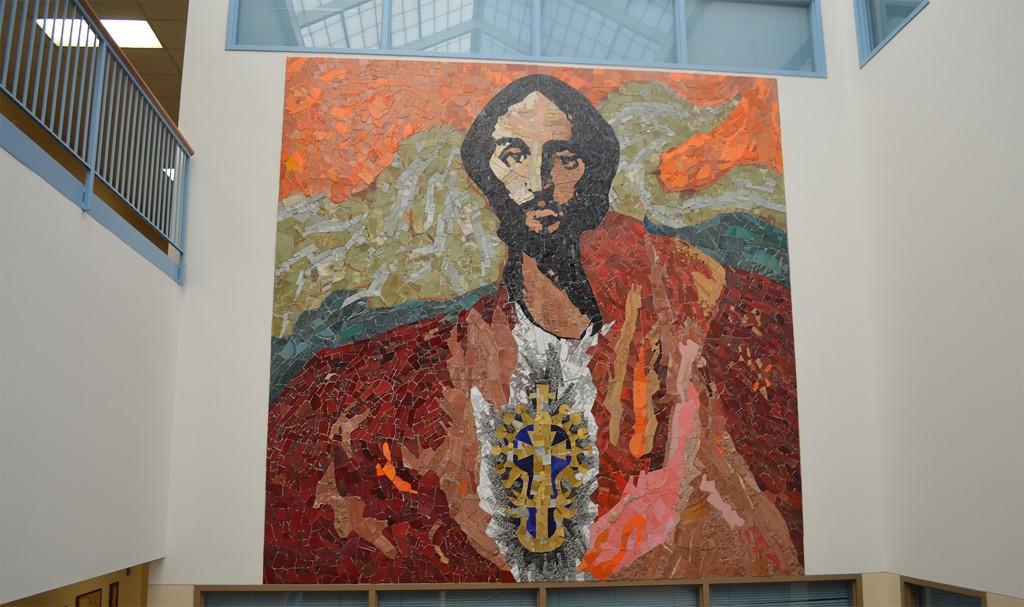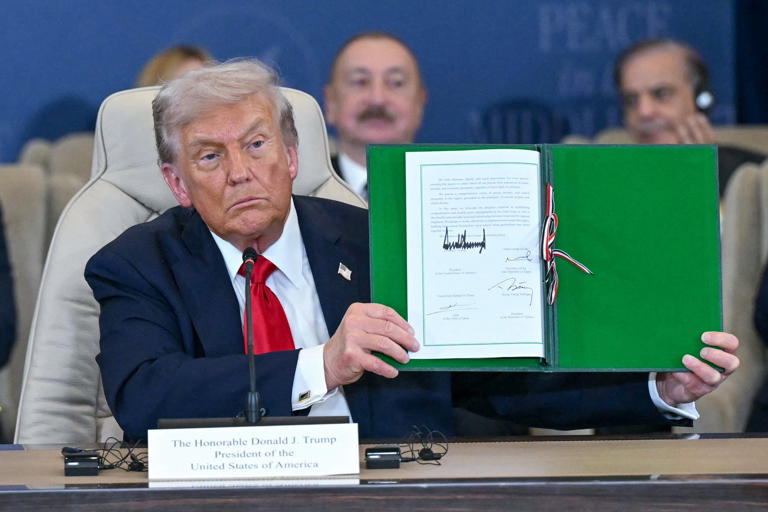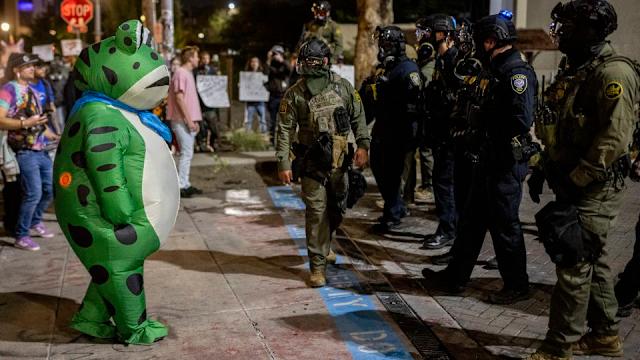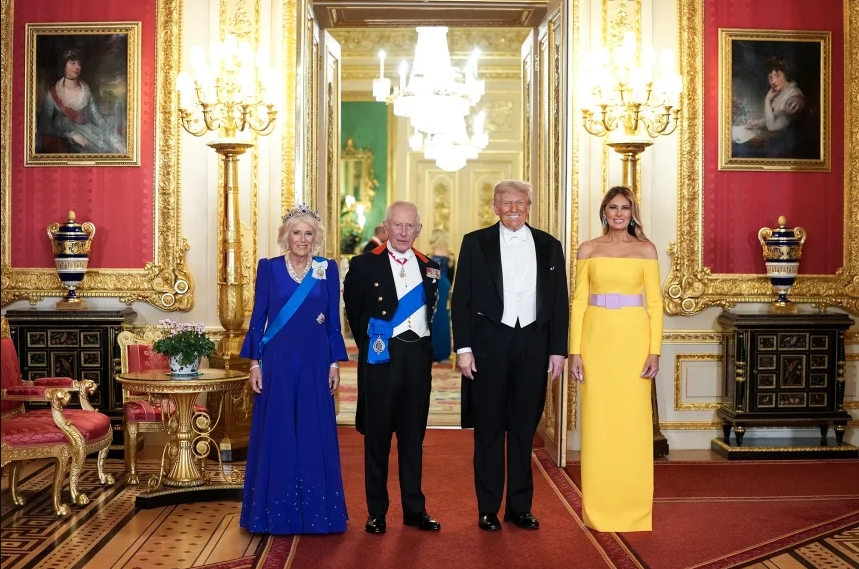Gannon University faculty discussed their progress toward Gannon’s mission statement, which includes value-centered learning inspired by Catholic Intellectual Tradition, at the Brewerie at Union Station Feb. 3.
The conversation, titled “Catholic Intellectual Tradition Uncorked,” encouraged professors to share their experience in tying faith and reason together in the classroom.
Penny Smith, an associate professor in the English department, and Eric Dart, an instructor in the theology department, moderated the informal discussion centered on the role of Catholic Intellectual Tradition in teaching students.
Dart said the talk was really directed toward the idea that Catholic Intellecutal Tradition is how we approach truth.
Smith said it was the first opportunity faculty had created to engage in intentional conversation about this tradition.
“Catholic Intellecutal Tradition is featured prominently in Gannon’s mission statement, but we haven’t engaged in an ongoing dialogue on an everyday basis,” Smith said.
Dart said the concept of Catholic Intellecutal Tradition is difficult to talk about because you’re talking about 2,000 years of people and their discoveries.
“It really intersects at faith and reason,” Dart said. “It’s difficult to nail it down and give it a concise definition.”
Dart said Catholic Intellectual Tradition is rooted in understanding truth doesn’t have borders, but humans are limited.
Faculty were meeting to focus on their attitudes toward truth and cross-disciplinary learning, Dart said.
Smith said the talk was a preliminary step.
“I think it’s helpful for faculty and staff to share ideas, and later on we can broaden the discussion,” Smith said.
Because Catholic Intellectual Tradition permeates the mission of the university, Dart said the guided conversation was held to make sure the dialogue continues and to allow faculty to listen to the joys that come along with it.
As far as Gannon’s application of Catholic Intellectual Tradition right now, Dart said the liberal studies core is one of the main ways it is brought to life in students by encouraging interdisciplinary learning.
“Truth permeates cross-disciplinary learning,” Dart said. “It’s a really unique opportunity Gannon offers.”
Dart said students are not only able to connect what they are learning in subjects like engineering and psychology, they are encouraged to do so.
Smith said this kind of learning stems from the orientation in knowledge and truth that is non-hierarchal.
Joe Tokasz, a sophomore philosophy major, said he sees Catholic Intellectual Tradition in the Catholic faith portrayed in classes he has taken.
“I think it’s great to have because it’s through the philosophy classes you are given a more vivid picture of other courses you take, like history and math and the role you play,” Tokasz said.
Tokasz attended a state college before coming to Gannon, and said he sees a big difference.
“We have to take theology and philosophy classes, which do give a baseline for ethics and understanding being a good person in society,” Tokasz said.
Having such courses as part of a required curriculum is in tradition with the Catholic faith and learning, Tokasz said.
KELSEY GHERING
[email protected]








